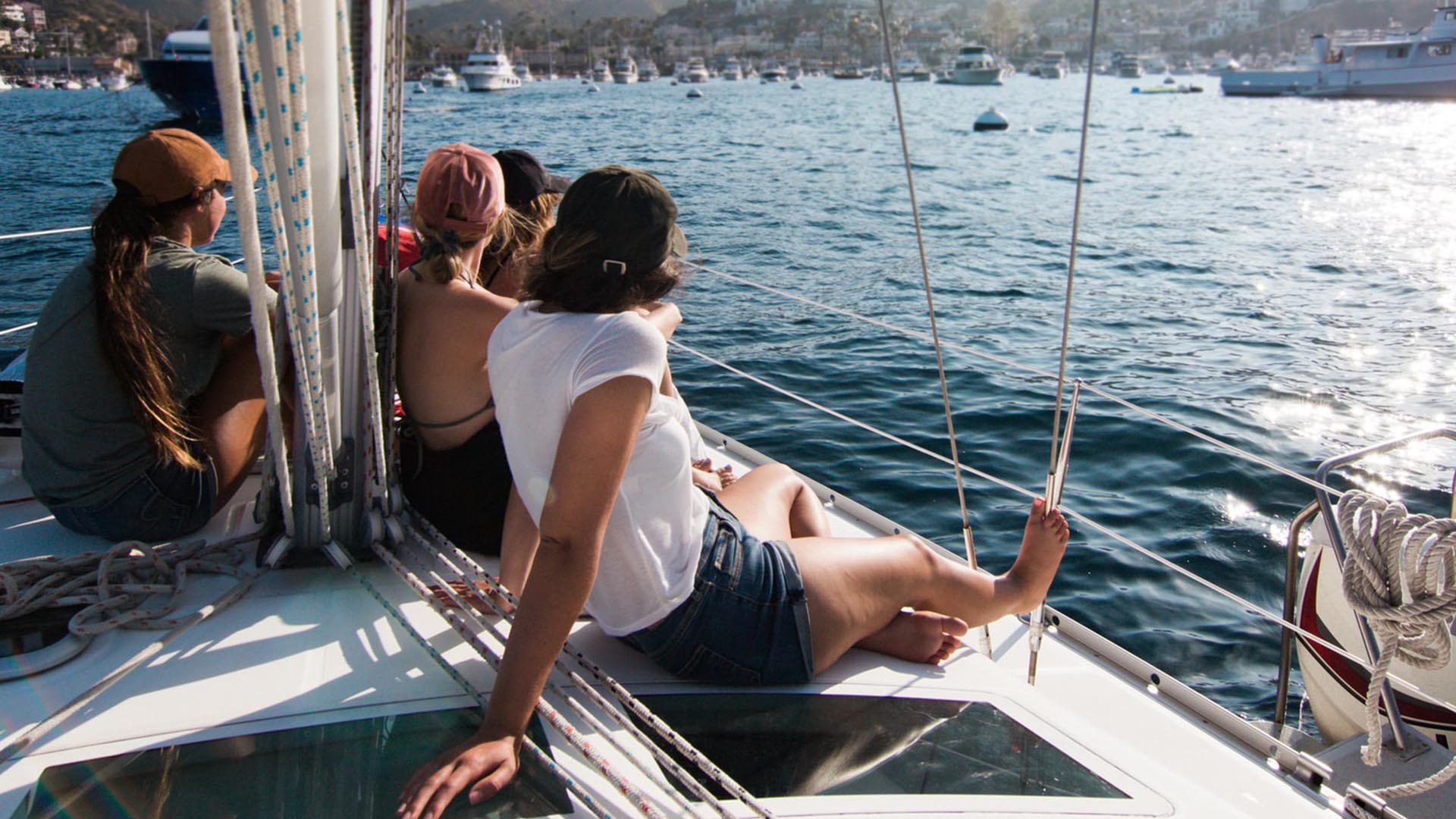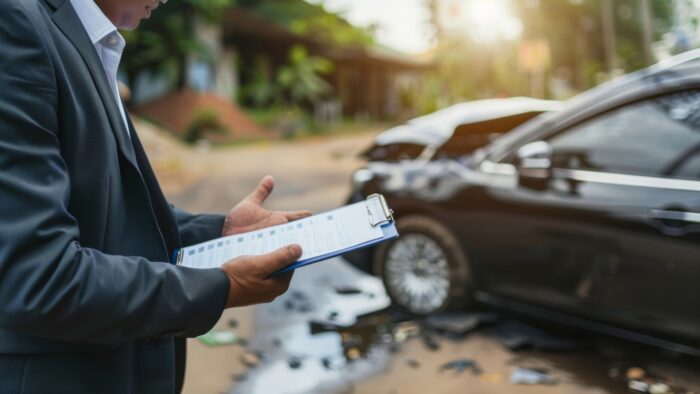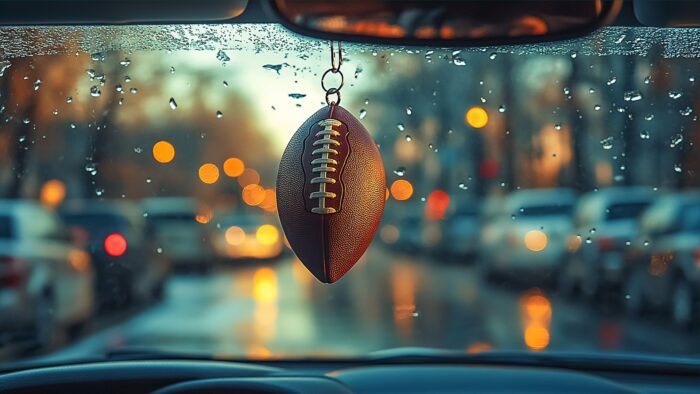Boating Accidents: Compensation Limits And Other Considerations
July 15, 2025

Boating is a popular pastime, with some estimates saying over 12 million adult Canadians participate in it every year.
But as temperatures rise, so does the risk of boating accidents on Ontario’s lakes and rivers.
What Is A Boating Accident?
‘Boating accidents’ is a very broad term that covers:
- Accidents on boats – Such as slip and fall, drownings due to lack of safety equipment, propeller accidents
- Collisions between watercraft – Two or more boats colliding during sailing or while docked, collisions during water sports, and more
- Collisions between watercraft and objects – Incidents like hitting piers, rocks, or grounding on reefs
Not every boat accident gives rise to a personal injury claim. As a simple rule of thumb, there needs to be damage/injury/loss caused to a person or property for there to be a cause of action. Some examples are:
- Fatalities during boating
- Catastrophic injuries caused by an accident
- Serious injuries that cannot be treated by first aid
- Sinking, total hull loss, or substantial damage to a vessel/property
Liability In A Boating Accident In Canada
Boating laws – including for pleasure crafts like fishing boats, bowriders, sailboats, and paddlecraft – are regulated by Transport Canada. The body has wide-ranging authority to set speed limits, operator requirements, and much more.
Owners and operators are responsible for following all applicable laws and keeping passengers and other boaters safe.
The major laws that you, as a boater, must be aware of include:
- Canada Shipping Act (Vessel registration, maintenance and safety)
- Marine Liability Act (Bringing boat accident claims, who can bring claims, time and compensation limits)
- Occupier’s Liability Act (Responsibility to keep passengers on boat safe)
- Highway Traffic Act (Duty of care to others onboard; operating a boat while impaired)
- Insurance Act (Marine insurance)
- Criminal Code Offences (Dangerous vehicle operation; other infringements; unseaworthy boat; conduct after an accident; impaired boating; not stopping for enforcement officer)
*Please check local, provincial, and federal laws governing your waterways and craft before you cast off.
Did someone tell you it’s okay to drink and operate a boat? That’s just wrong – and dangerous! The first fine for impaired boat operation is a minimum of $600, with subsequent offences being inviting prison time and much larger fines.
Who Should You Sue After A Boating Accident?
Inexperienced boating, alcohol or drug-impaired boat operation, reckless behaviour, and insufficient safety equipment onboard are common reasons for boating accidents.
It’s the responsibility of the boat owner and boat operator to maintain safe condition and operation of the craft at all times. They’re also responsible for the safety of others on board (such as making sure there are enough life jackets and that the deck is not slippery).
In the event of an accident, other boaters may be contributorily negligent, too. Even local and provincial boating authorities may be included in a lawsuit for failing to maintain safe conditions or failing to warn boaters of hazards.
Who Can Bring A Boating Accident Claim?
The Marine Liability Act provides when, how, and against whom a claim for damages can be brought in a boating accident.
A claim for compensation for loss of life or serious injury can be brought by victims themselves, their dependents, and surviving family members.
How Long Do You Have To Sue After A Boating Accident In Ontario?
Like other personal injury claims, there is a limitation period on boating accident claims. The limitation period is the period of time in which a case or claim must be filed at a court or tribunal.
In the case of boating accidents, a personal injury claim must be filed within two years of the accident occurring or two years after the death of the person. It is possible to bring claims after the limitation period in exceptional circumstances too. Talk to our experienced boating accident lawyers to learn more.
How Much Compensation Can You Receive For Boating Accidents?
Recovering compensation in boating accidents requires experienced boating accident lawyers who are familiar with marine laws and court requirements.
Unlike other personal injury claims, accident victims can only receive a maximum of $1.5 million in compensation if the vessel involved has a gross tonnage of less than 300 tonnes. The vast majority of pleasure craft on Ontario’s lakes fall under that limit.
Other types of claims, such as for property damage and loss of goods, are capped at $750,000.
So, an accident victim may be entitled to receive anything from $750,000 up to $1.5 million; however, it must be proven in court.
Stacey Stevens, a Partner at Thomson Rogers LLP, notes that, ‘There are no cases in Canada that meet the very strict test that would permit a Plaintiff from recovering more than $1,500,000.’
One of Stacey’s cases, Woodbury v. Woodbury, was the most recent attempt to challenge the cap. Despite the defendant being found reckless, the court refused to lift the cap because it could not be proven that the specific injury sustained by the minor Plaintiff was foreseeable.
| Learn more about boating accidents: Boat Accidents And Insurance In Ontario: A Lawyer’s Perspective, 10 Tips For Boating Safety, Recovering Compensation Under the Marine Liability Act |
Are You Eligible To Receive Statutory Accident Benefits After A Boating Accident?
No, unlike car accidents in Ontario, boating accident victims are not entitled to receive statutory accident benefits (SABS). Marine statutes do not provide for no-fault benefits, even if the victim has suffered catastrophic injuries.
However, if the boat owner/operator possesses boating insurance, it’s possible that the insurance coverage provides post-accident benefits.
Do Boat Owners/Operators Need To Have Insurance?
Boat operators who carry passengers (for a fee or as a business) are required to have at least $250,000 coverage for every passenger the vessel can carry.
For instance, if the boat can carry 4 passengers, insurance coverage must be at least $250,000 x 4 = $1,000,000.
That does not apply to pleasure crafts, though it is extremely advisable for boat owners to carry insurance. Drownings and catastrophic injuries can put boat owners under tremendous financial pressure.
What Should You Do If You Or A Loved One Have Been Involved In A Boating Accident?
Time is of the essence after a boating accident. Get in touch with experienced boating accident lawyers immediately.
Unlike car accidents, evidence for boating accidents is heavily reliant on witness testimony. That means the earlier you engage lawyers, the sooner they can speak to witnesses and form an accurate picture of the accident.
If you or a loved one has been injured while boating or partaking in water sports in Canada, speak to our accident and injury lawyer today. Consultations are completely free, and we’ll help you understand your case and lay out all the legal options available to you.
Share this





